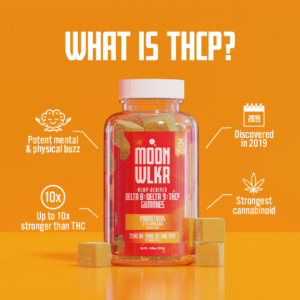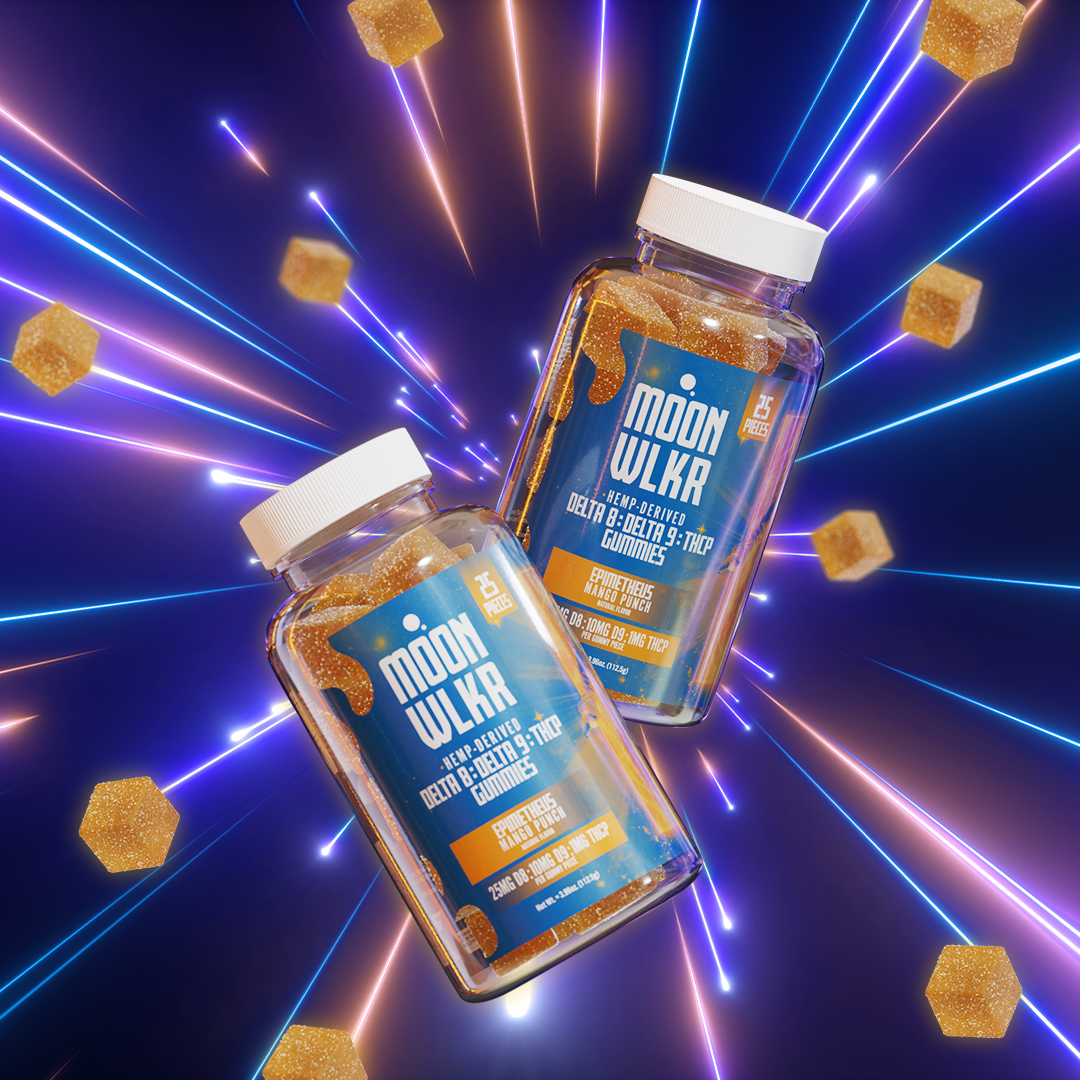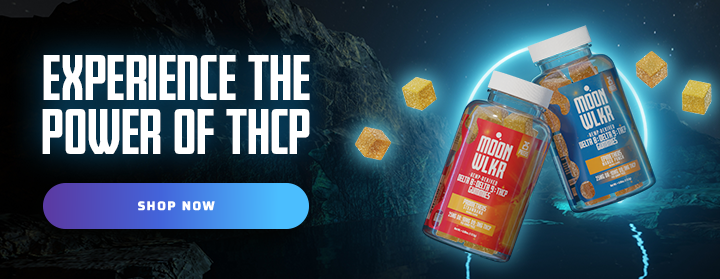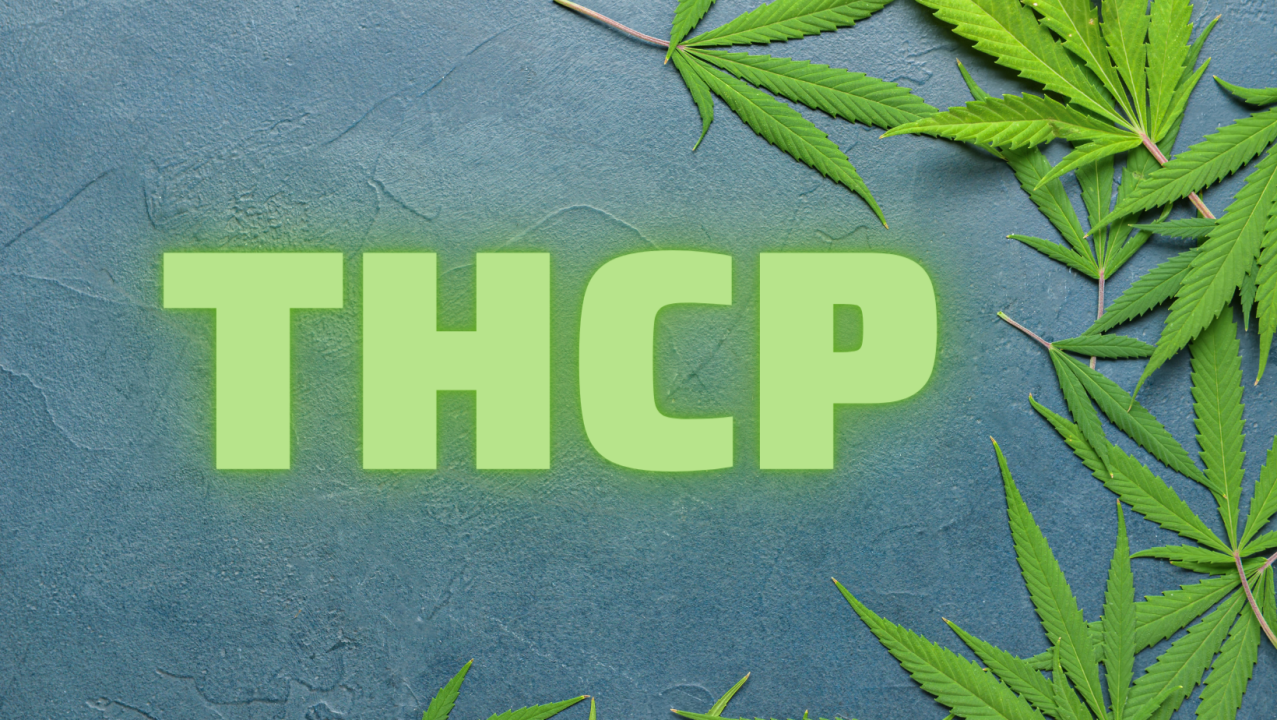What is THCP?
Tetrahydrocannabiphorol, commonly known as THCP, represents a fascinating chapter in the evolving story of cannabis research. This recently discovered cannabinoid bears a structural resemblance to THC (tetrahydrocannabinol), the most well-known psychoactive component of cannabis, but with a crucial difference: it possesses a longer alkyl side chain. This subtle variation in its molecular structure is what sets THCP apart and contributes to its intriguing properties.
The discovery of THCP in 2019 was a significant milestone in cannabinoid research. It opened up new avenues for understanding how cannabinoids interact with the human body, particularly the endocannabinoid system. The endocannabinoid system, which includes the CB1 and CB2 receptors, plays a vital role in regulating various physiological processes. THCP’s longer alkyl side chain allows it to bind with these receptors, especially the CB1 receptors in the brain, more effectively than THC. This enhanced binding affinity is believed to be the reason behind THCP’s potentially greater potency.
However, the full extent of THCP’s effects, both psychoactive and therapeutic, is still under investigation. As a novel compound, research into THCP is in its early stages, and much remains to be learned about its characteristics, benefits, and risks. The discovery of THCP also underscores the complexity of the cannabis plant and its myriad of compounds, each with unique properties and potential applications. As research progresses, THCP is likely to become a key subject of interest in the ongoing exploration of cannabis and its effects on the human body.

Is THCP Legal?
The legality of THCP is somewhat ambiguous.
Because it’s not explicitly mentioned in most cannabis legislation, generally, where THC is legal, THCP may follow suit. What makes it funky is that this isn’t always the case. The legal status of THCP can vary significantly depending on the region and the specific laws governing cannabis and its derivatives. Make sure to do your research before crossing state (or even county) lines with your THCP products. You never know when you could get tripped up!
Is THCP Synthetic or Natural?
THCP is a naturally occurring compound in cannabis.
However, due to its rarity, the THCP used in commercial products may sometimes be synthesized in laboratories to achieve the desired concentration and purity.
What is the Difference Between THC and THCP?
As noted, while THC and THCP share similar psychoactive properties, their molecular structures differ. THCP’s longer side chain potentially allows it to bind more effectively with CB1 receptors in the brain, leading to more pronounced psychoactive effects compared to THC.
Check out our THCP vs. THC comparison guide for more information.
Is THCP Stronger Than THC?
Current research suggests that THCP could be significantly (up to 30%) more potent than THC. This increased potency is primarily due to its more effective binding with cannabinoid receptors, making even small amounts of THCP potentially more impactful than THC.
The implications of THCP’s stronger binding affinity are vast. It suggests that THCP could produce more pronounced psychoactive effects, even at lower doses compared to THC. This increased potency has piqued the interest of both the scientific community and cannabis enthusiasts, as it could mean a different level of experience for users, as well as potential new applications in the medical field.
How is THCP Made?
Now that we’ve covered the basics, let’s get to why you’re here…
THCP is naturally present in cannabis plants but is only present in very small quantities (e.g., ranging approximately from 0.0023% to 0.0136%).
The production of THCP is a sophisticated process, reflecting the compound’s rare and potent nature. While THCP is a naturally occurring cannabinoid in cannabis plants, it exists only in trace amounts. This scarcity necessitates advanced extraction and refinement techniques to produce THCP in quantities substantial enough for use in products like gummies, oils, or tinctures.
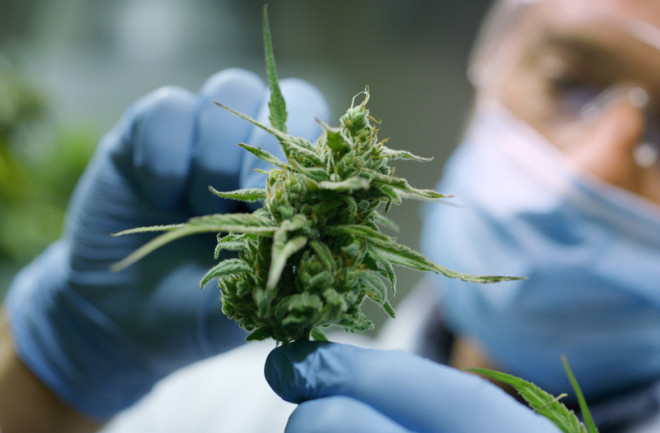
Extraction of THCP from Cannabis Plants
The initial step in creating THCP products involves extracting the cannabinoid from the plant material. Given its small presence, this extraction process is considerably more complex and delicate compared to more abundant cannabinoids like THC or CBD.
Here’s a high-level (pun intended) overview:
- Selection of Plant Material: The extraction process begins with the selection of high-quality cannabis strains. These strains are chosen based on their cannabinoid profile, with a preference for those that naturally contain slightly higher concentrations of THCP.
- Advanced Extraction Methods: The extraction employs sophisticated methods like supercritical CO2 extraction or solvent-based extraction. These methods are highly efficient at separating cannabinoids from plant material, ensuring that even the smallest quantities of THCP are captured.
- Winterization and Purification: Following extraction, the crude extract undergoes winterization – a process that removes fats, waxes, and other impurities. This step is crucial for ensuring the purity of the THCP extract.
After the initial extraction, the crude extract contains a mixture of various cannabinoids and compounds. Isolating THCP from this mixture requires precise and advanced techniques.
- Chromatography: This is the most critical stage in the purification of THCP. Chromatography is a laboratory technique used to separate mixtures. In the case of THCP, it involves passing the extract through a chromatography medium, which separates THCP from other cannabinoids based on their molecular weight and affinity to the medium.
- Distillation: The separated THCP may further undergo distillation, a process that purifies and concentrates the compound. Distillation uses differences in boiling points to separate compounds, resulting in a high-purity THCP product.
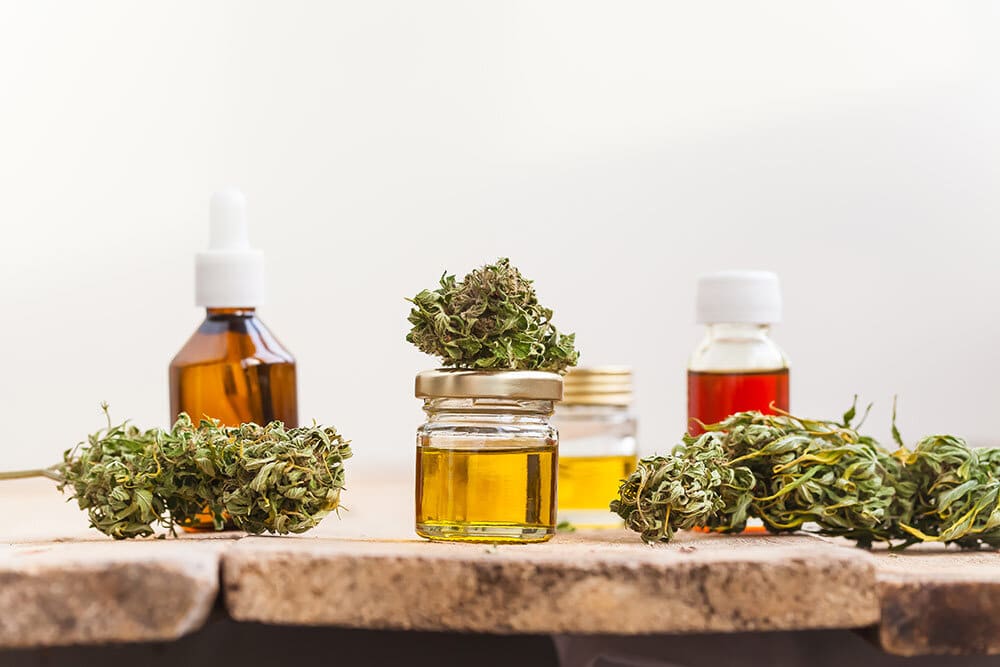
Quality control is paramount in the production of THCP. Given its potency and the complexities involved in its extraction and refinement:
- Third-Party Lab Testing: The final product is often sent for third-party lab testing to verify its purity, and potency, and to ensure it is free from contaminants like pesticides, heavy metals, and residual solvents.
- Consistency Checks: Consistency in the concentration of THCP is vital for dosing accuracy in products. Manufacturers conduct rigorous checks to ensure each batch meets the specified concentration levels.
Legal and Safety Considerations for THCP
It’s important to note that the production of THCP must comply with legal regulations, which can vary significantly by region. Manufacturers need to operate within legal frameworks, often requiring licenses and adherence to strict production standards.
Can I Make THCP at Home?
Given the complexity and precision required in the extraction and refinement process we’ve detailed above, producing THCP at home is not feasible for the average person.
It requires specialized equipment and knowledge of chemical extraction techniques. Attempting to make THCP without the proper setup and expertise can be unsafe and is not recommended.
Types of THCP Products
THCP is available in a few product forms, with gummies being one of the most popular. These products offer a discreet and convenient way to consume THCP, with the added benefit of precise dosing and a variety of flavors.
Ensuring Legitimacy of THCP Products
When choosing THCP products, it’s crucial to ensure their legitimacy and safety. Here are some tips:
- Third-Party Testing: Look for third-party lab testing results to verify the product’s purity and THCP content.
- Brand Reputation: Choose products from reputable brands with positive customer reviews and a strong market presence.
- Clear Labeling: Ensure that the product’s labeling clearly states its THCP content and other ingredients.
When choosing a THCP product, be cautious of products with claims that seem too good to be true.
Give THCP a Try!
While THCP offers exciting possibilities in the world of cannabis, understanding its production, legality, and how to choose safe and legitimate products is key.
As research into THCP continues, it’s essential to stay informed and cautious, particularly regarding its potency and legal status. Remember, responsible use and compliance with local laws are crucial when exploring the benefits of THCP.
If you want to check out Moonwlkr’s THCP selection, check out our products and browse our blog for more educational content.

